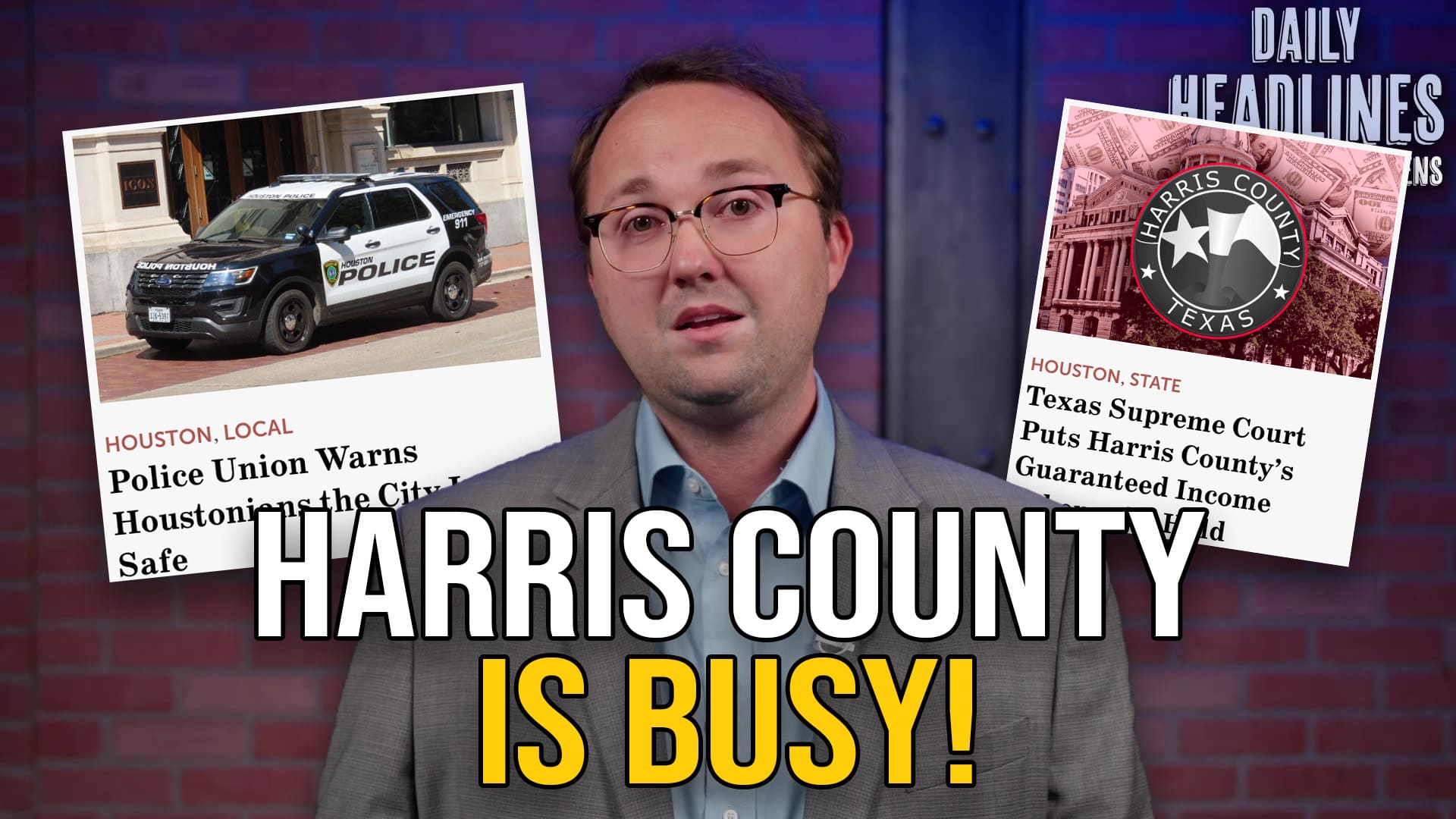What is the City of Austin trying to hide from its own citizens?
Recent actions of the city council have repeatedly raised that question, but the Texas Supreme Court and local taxpayers now have the opportunity to help produce answers.
Austin is being sued in the state’s highest court after obstructing citizen efforts to obtain an independent audit of the city.
The story began when a local group of citizens was frustrated over murkiness in the city’s finances and a refusal to address the problem in city hall. Organized under “Citizens for an Accountable Austin,” the group circulated a petition calling for a “comprehensive, independent, third-party efficiency audit of all city operations and budget.”
Over 30,000 Austinites signed their names to the initiative, and it was sent to city hall for consideration.
Council Member Ellen Troxclair, a vocal supporter of the petition, told KXAN the audit was an opportunity to identify inefficiencies in the city government and streamline their overall functionality. “We all want government that works,” said Troxclair. “But without the study, we don’t know what’s working well and where there are opportunities to improve. The residents of Austin expect and deserve this transparency.”
When the petition was brought before the city council on August 9, they had the option to immediately approve it and adopt an audit for the city. Troxclair attempted to persuade her colleagues to do just that. They instead rejected the idea and voted to put the audit initiative on the November ballot.
With the proposal now on the ballot instead of immediately enacted, the council then debated what the ballot language would be for the audit proposal. Supporters of the initiative advocated a simple, one-sentence description in line with the original petition caption: a “comprehensive, independent, third-party audit” of the city.
Instead, city council crafted its own version and approved language far less attractive: “Without using the existing internal City Auditor or existing independent external auditor, shall the City Code be amended to require an efficiency study of the City’s operational and fiscal performance performed by a third-party audit consultant, at an estimated cost of $1 million-$5 million?”
The ballot text was approved 6-5, with Troxclair and four other council members unsuccessfully contending for simpler language. They and other supporters argued the description was now biased and even inaccurate.
“You’re using the ballot language as a political advertisement,” said Michael Searle, a former aide to Troxclair and leader of the petition effort. “It’s obviously intended to get people to vote against it.”
Searle noted how the ballot text makes no mention of the potential savings for taxpayers that would far outweigh the cost of the audit.
“If you’re going to estimate the costs, it would only be fair to estimate the savings that we’ve seen in other cities,” he said, pointing out that similar audits done in other cities and states have resulted in hundreds of millions in potential cost savings.
Additionally, Searle said the ballot text implies that this type of large-scale performance review is one the existing city auditor could already perform, something the auditor’s office itself recognized they don’t conduct.
Because of the council’s biased wording, the city has been taken to the Texas Supreme Court in an effort to change the ballot language, but while awaiting the court’s decision, serious questions remain.
Why would the council not just approve the audit in the first place? One of the city’s stated goals is “government that works,” and such a comprehensive audit is a golden opportunity to save taxpayer money and make government work even better. Why resist it?
Ultimately, regardless of the ballot language, Austinites will still have the opportunity in November to implement such an audit for their city. Their wallets will certainly thank them if they do.





